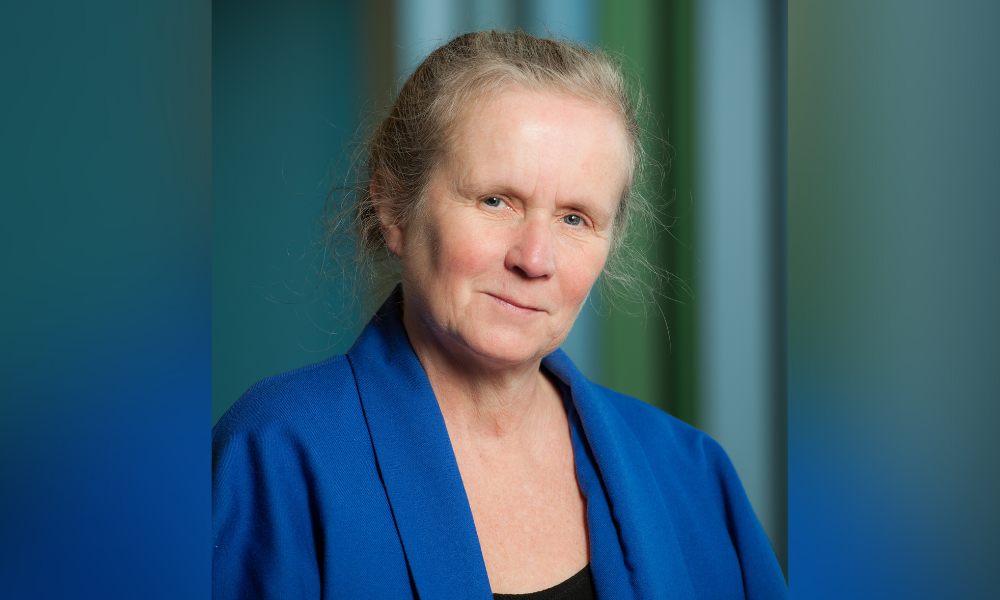Report shows strong support for mandatory emissions reporting over comply-or-explain approach

Investors want Canadian securities regulators to strengthen the carbon-emissions disclosure requirements in their proposed instrument for climate-related-financial-risk reporting, according to a new report form the Canadian Climate Law Initiative (CCLI).
The CCLI summarized submissions on the Canadian Securities Administrators proposed National Instrument 51-107 Disclosure of Climate-related Matters (NI 51-107). Of the submissions which addressed greenhouse-gas-emissions disclosure, the majority recommended the CSA amend the instrument to require mandatory disclosure of Scope One and Scope Two emissions, rather than the proposed “comply or explain” approach.
“The point of securities law… is to protect investors and foster fair and efficient capital markets,” says Dr. Janis Sarra, principal co-investigator of the CCLI and professor of law at the University of British Columbia. “The investor groups that submitted… overwhelmingly, they talked about strengthening the proposed national instrument.”
“Most notably, I think, was the fact that the comply-or-explain proposal isn't appropriate. It's not good enough, and it won't allow Canadian issuers to compete effectively in domestic and global capital markets.”
A company’s Scope One emissions are the direct emissions produced by sources owned and controlled by the company. Scope Two refers to indirect emissions, which come from the generation of energy the company purchases, such as electricity from a utility provider, for example. All other indirect emissions derived from the company’s operations comprise Scope 3.
In the comply-or-explain approach, issuers of securities are either required to disclose their emissions or explain why they could not. In these cases, a party independent of the company would attest to the fact that in spite of using the most effective methodology possible, the company was still unable to calculate its emissions, says Dr. Sarra. She adds, however, this “is near impossible, these days. It’s super easy to calculate it.”
The problem with the comply-or-explain regime is it encourages a focus on how securities issuers can get around complying, rather than on how they can comply as accurately as possible, she says.
Of the 104 submissions which addressed GHG emissions disclosure, 79 per cent supported mandatory disclosure of Scope One emissions, while 68 per cent said they supported mandatory disclosure of Scope Two emissions.
The CCLI released its report on March 24. It summarizes 131 submissions to the CSA, 27 of which came from investors. Ninety-six per cent of these investors are institutional investors, which collectively hold $21 trillion in assets under management. Submissions also came from companies in energy, mining, automotive, agricultural, commodities and financial services, as well as from industry associations, foundations, law firms, civil society organizations, and accounting and actuarial organizations.
For securities issuers who maintain they are unable to accurately determine their emissions with the available methodologies, a possible “counterbalance” is to create a “temporary safe harbour,” says Dr. Sarra. Such a policy would provide that when the issuer uses the best methodologies available and is duly diligent, regulators cannot prosecute, nor can investors bring civil suits, until the issuer is confident it has the correct methodology. The U.S. Securities and Exchange Commission has applied a temporary safe harbour for Scope-Three-emissions disclosure in its recently released proposed rules on climate-related disclosures, she says.
The report comes after 130 countries agreed to achieve net-zero emissions by 2050 at COP 26, last October. Twenty-nine submissions suggested that the CSA amend NI 51-107 to require the disclosure of how the issuer plans to transition to net-zero emissions.










